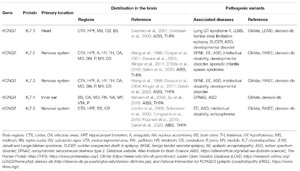MyTomorrows was presented with an opportunity to expand a relationship with an already established client, a US-based biopharmaceutical company ("the company") with a primary focus in oncology to provide support for a new Expanded Access program initiative. The company is developing a tyrosine kinase inhibitor for the treatment of non-small cell lung carcinoma and other solid tumors. This treatment is being investigated in a Phase 2 Clinical Trial. The company set up Clinical Trial sites in 14 countries around the world. They requested guidance and expertise for Expanded Access Program management and execution in Israel, India, Canada, Argentina, New Zealand, Italy, France, Sweden, United Kingdom, Switzerland, Austria, Denmark, and Belgium.
Leveraging regulatory and Expanded Access expertise to treat more patients
MyTomorrows was recognized by the company for its expertise in managing global Expanded Access Programs that provides streamlined, efficient delivery and management of the program for them and their stakeholders. Our strong existing client relationship and MyTomorrows' ability to deliver strategic guidance and program design led to this successful partnership. This provided the company the opportunity to engage with the broader disease community while allowing them to remain focused on their clinical development program.
As a result of this initiative, patients were able to receive the investigational drug where they would not have had any other treatment options. Furthermore, the program allowed the company to provide treatment for patients in countries with Clinical Trial sites, while also providing an avenue for other patients around the world. The successful program execution broadened physician experience with the company's treatment, allowing for additional insights and future Expanded Access considerations.

 Member
Member